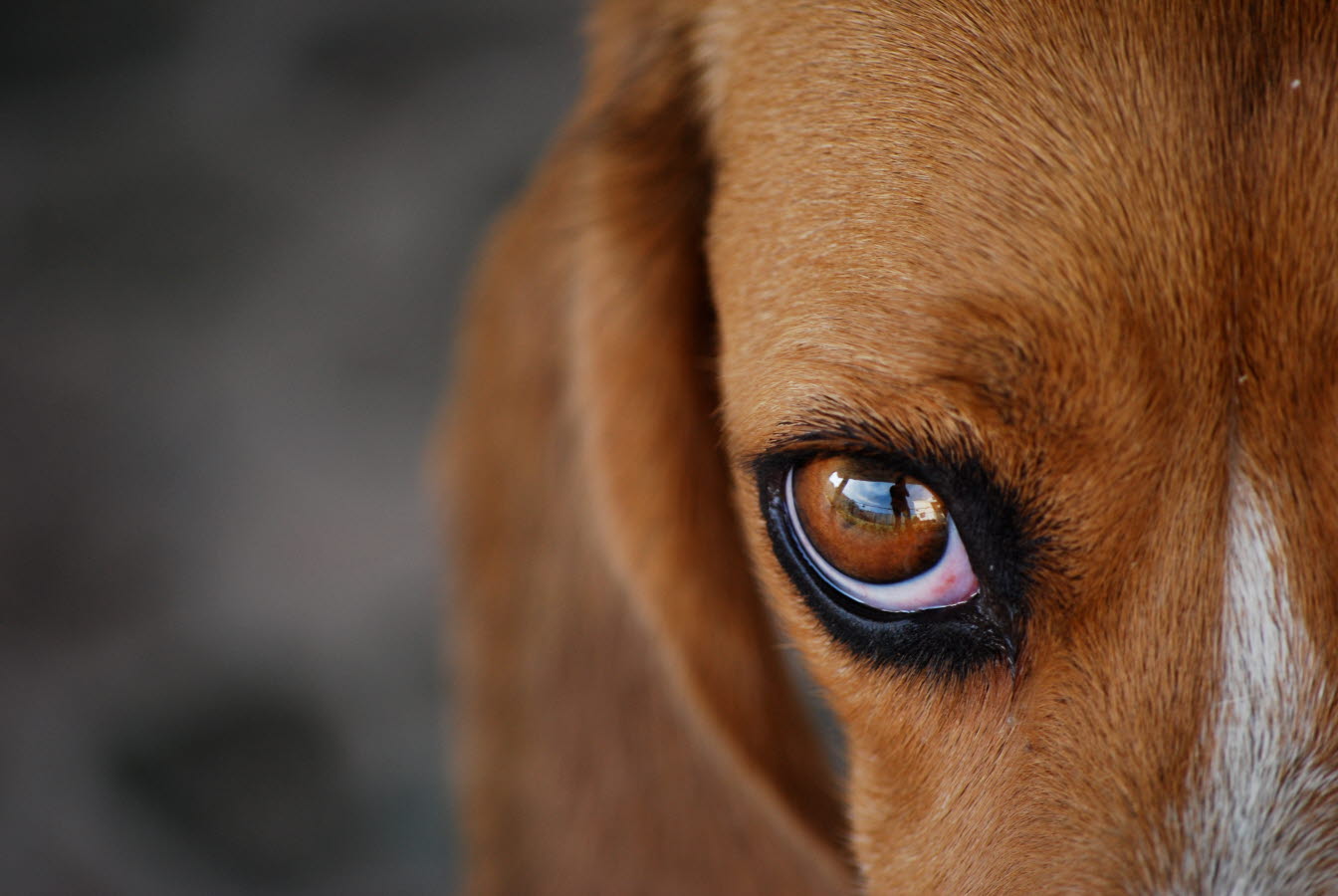Veterinary ophthalmology specialists

The eye is one of the most important and fascinating organs and it is crucial for your pet’s daily activities. Unfortunately, from time to time, pets can be affected by a range of eye problems and appropriate treatment is absolutely essential.
Diseases of the eye include problems with the eye (the cornea, the interior tissues of the eye such as the iris, and the retina) the tissues around the eye (including the eyelids and the conjunctiva) as well as the muscles that control the eye itself.
A veterinarian working as a general practitioner (your regular vet) will be able to deal with many eye conditions. In some cases, different equipment and expertise may be needed to diagnose and treat certain eye diseases and this is when your pet may need to be referred to a veterinary eye specialist, also known as a veterinary ophthalmologist.
A similar scenario would be if you visited your regular human GP for an eye problem but were then referred to a human eye ophthalmologist for treatment.
Veterinary ophthalmologists hold a veterinary degree but they have also completed additional and extensive training and passed a series of rigorous exams, to become a board-certified veterinary specialist. This parallels the training of a human medical specialist ophthalmologist.
They are considered experts in their field of eye diseases in all animals (small and large animals as well as wildlife and zoo animals).
When you visit a veterinary ophthalmologist, they will provide your pet with a thorough eye exam using special equipment. They will discuss management with you and advise you on the best treatment for the eye condition. They will communicate with your regular vet and discuss how best to manage the case ongoing.
An example of an eye disease that may require the expertise of a veterinary ophthalmologist is a dog who is blind due to cataracts. A veterinary ophthalmologist has the knowledge, training and the equipment available to treat a dog with cataracts and restore their sight.
It is important to remember that veterinary ophthalmologists also use complex and very expensive equipment which gives them the ability, for example, to perform eye surgery under magnification or enables them to place an artificial lens in the eye.
Veterinary ophthalmologists might also treat and help manage complex cases in performance horses and racehorses (where their vision is critical) as well as provide care for our endangered wildlife or zoo animals.
They also provide a screening examination of pets that may be susceptible to hereditary eye diseases. This is part of the Australian Canine Eye Scheme (ACES). All animals can be tested under the scheme are issued a certificate that is recognised nationally. This is an important part of responsible pet breeding.
